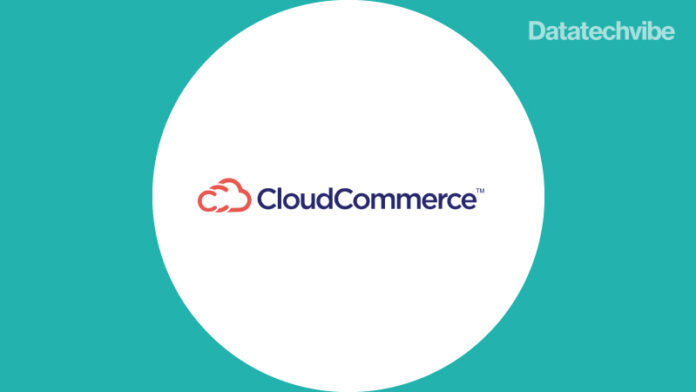The Company’s AI driven SWARM platform will use a unique approach to overcome Google’s newly released ad-targeting restrictions that are hitting hard at ad-targeting firms such as The Trade Desk, Magnite and Criteo
CloudCommerce, a leading provider of digital advertising solutions, recently announced that its AI-driven SWARM platform will rely on a novel approach to overcome Google’s newly released ad-targeting restrictions that are hitting hard at ad-targeting firms such as The Trade Desk, Magnite and Criteo.
Shares prices of many companies that specialise in targeted online advertising declined this week. Ad-buying platform leader The Trade Desk sell-side specialist Magnite and ad retargeting expert Criteo were hit especially hard.
Market watchers attributed much of the decline in share prices to news from Google that it will soon begin restricting the way that data is used for ad campaigns.
Ad-targeting companies such as Criteo, The Trade Desk and Magnite rely on so-called third-party browser cookies for their data gathering and organisation efforts, particularly when ad campaigns are shaped around the specific browsing behavior of specific web users. Google’s announcement that third-party cookies are going away someday soon was very bad news for the ad-targeting industry. Further, Google took the next step of promising to make it harder to replace cookies with alternative user-tracking technologies.
“Today, we’re making explicit that once third-party cookies are phased out, we will not build alternate identifiers to track individuals as they browse across the web, nor will we use them in our products,” said David Temkin, Google’s director of product management, ads privacy, and trust. Further, Mr. Temkin suggested that workarounds such as user tracking by email addresses will eventually fail as users demand tighter browsing privacy under an evolving regulatory framework.
Google also announced that its market leading Chrome browser will feature new privacy controls in April as the first step toward deeper privacy protections by default.
“We believe that our SWARM platform will deliver a solution that will overcome this problem caused by Google while still ensuring the privacy of users,” said Andrew Van Noy, CEO of CloudCommerce. “Why? Simply because SWARM does not rely on the use of browser cookies.”
Mr. Van Noy continued, “Instead, SWARM uses AI to manage “personas” which will now become more important than ever for targeting purposes. Cookies are dead. Also, our use of personas will overcome another challenge for the ad targeting industry created by Apple as soon as it releases its next operating system that will ask users to opt in to share their location on every mobile app. As a result, location data will decrease significantly to the point where it won’t be scalable.”
A persona is a proxy for a brand’s target audience. A proxy represents someone who has the same interests, priorities and concerns as the brand’s buyers. Within the brand’s target market, there are several ideal customer profiles, and each ideal customer profile could have a multiple number of personas. Developing these personas is based on extensive research and requires the use of artificial intelligence and machine learning tools.
For brands of all types, artificial intelligence will make buyer personas more valuable than ever by making them more accurate and personalised. How? By inventing how persona building works, including:
- AI platforms are capable of collecting and analysing prospect and customer data at massive scale
- By delivering accurate, human-like associations from a vast array of data
- Fine tuning the digital experience for customers
- Continually update all personas in real time
- Automating the entire process
- Interface with existing marketing stacks
Mr. Van Noy concluded, “We are convinced that personas will replace cookies. Our approach is unique, and we believe that it will be disruptive in the ad targeting and ad buying process. Not only will our AI-driven SWARM platform overcome the new challenges posed by the actions of big players, such as Google and Apple, but it will ensure user privacy and lead to lower advertising costs.”









